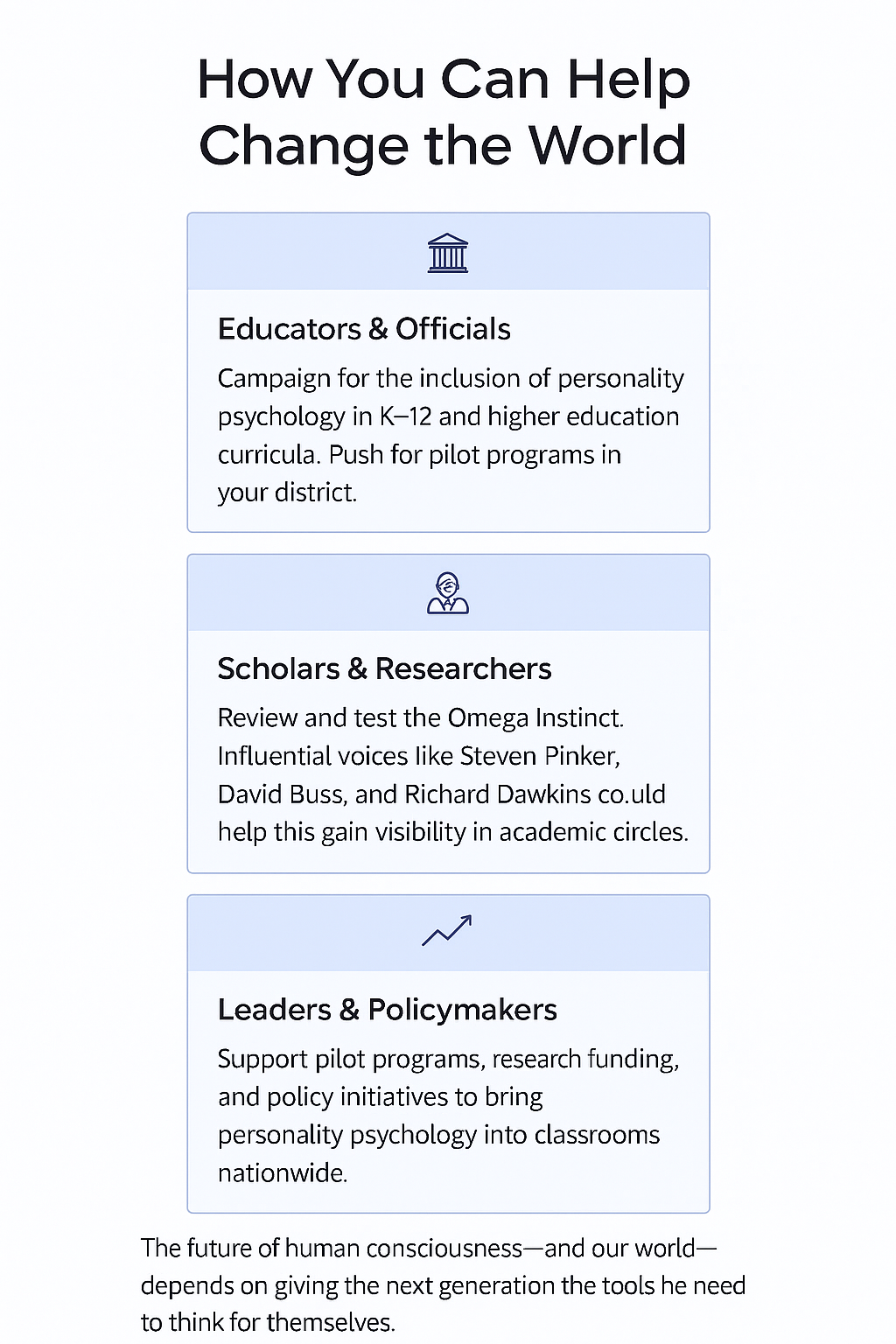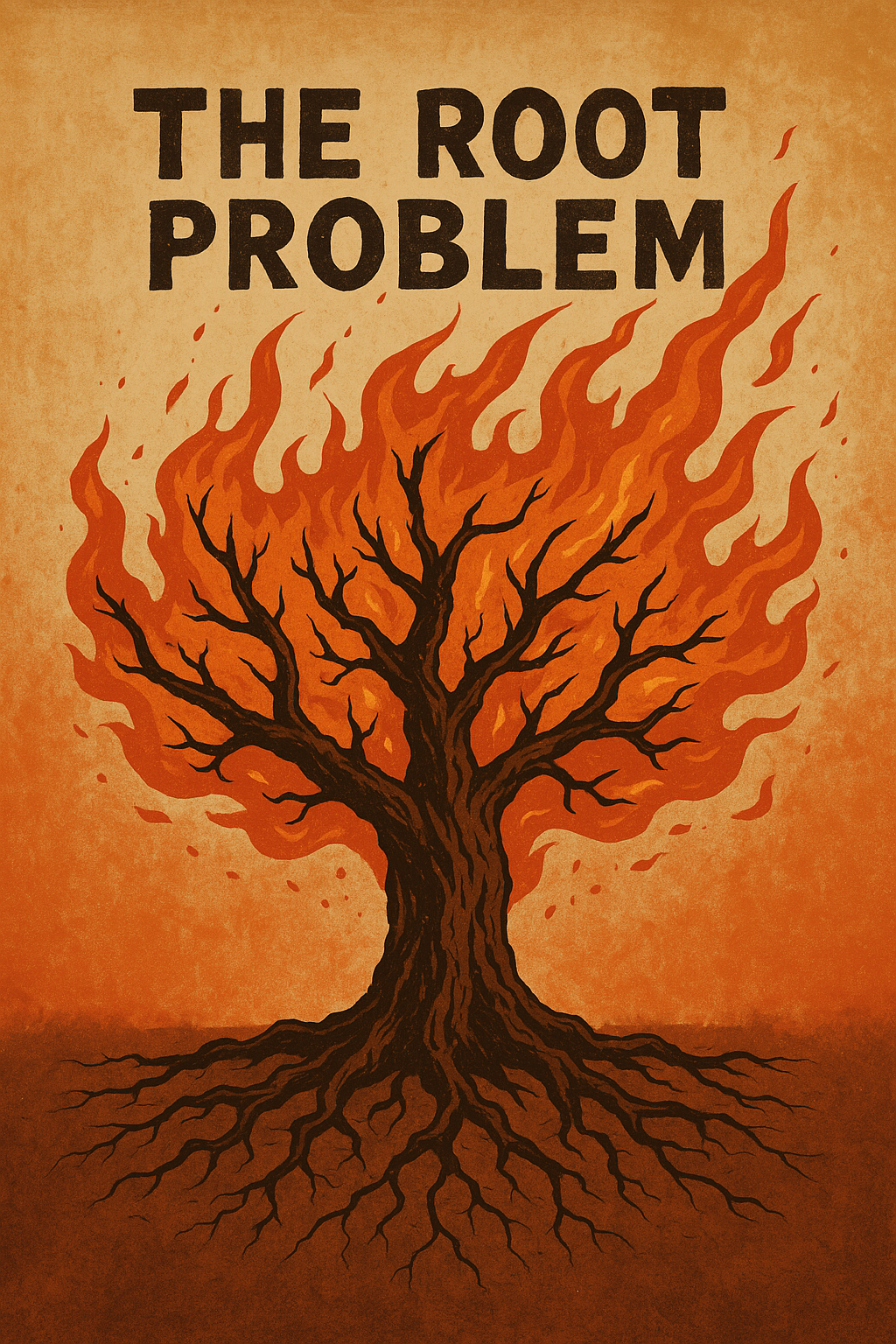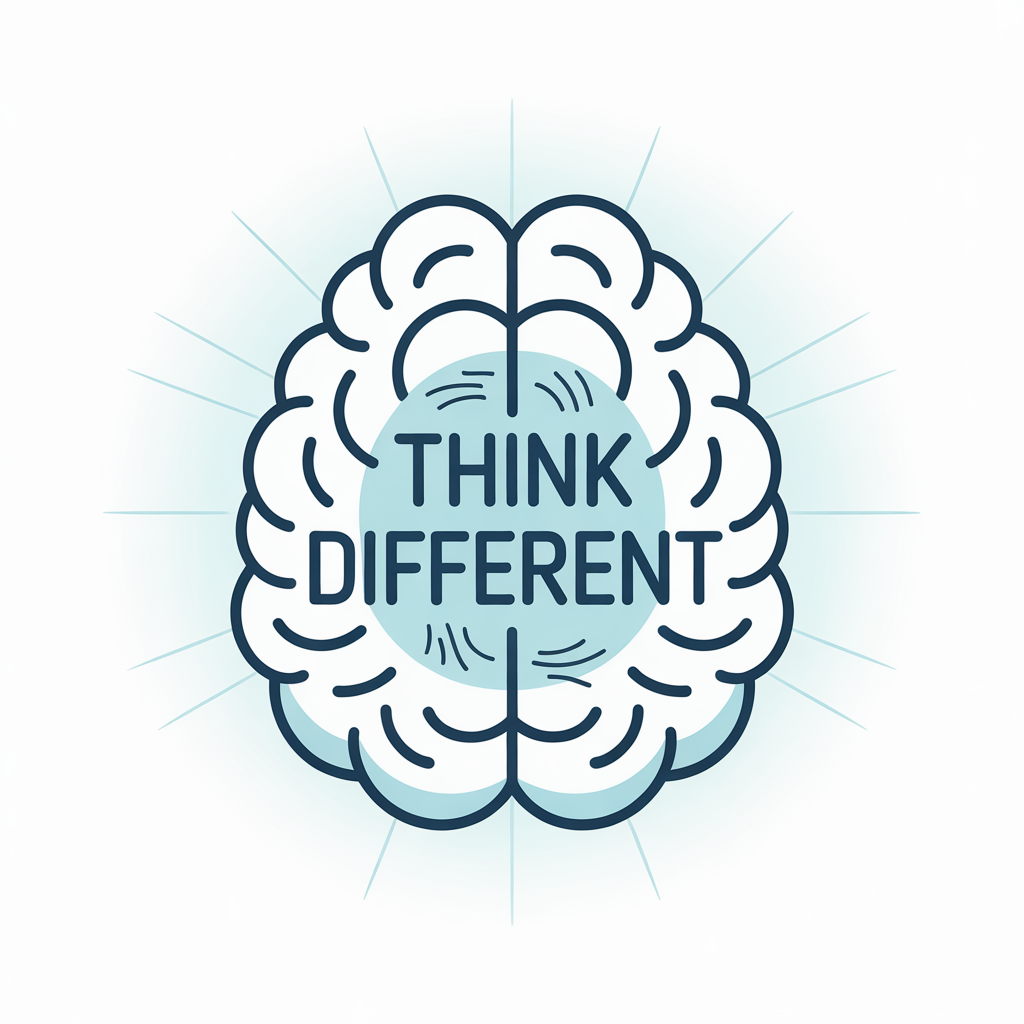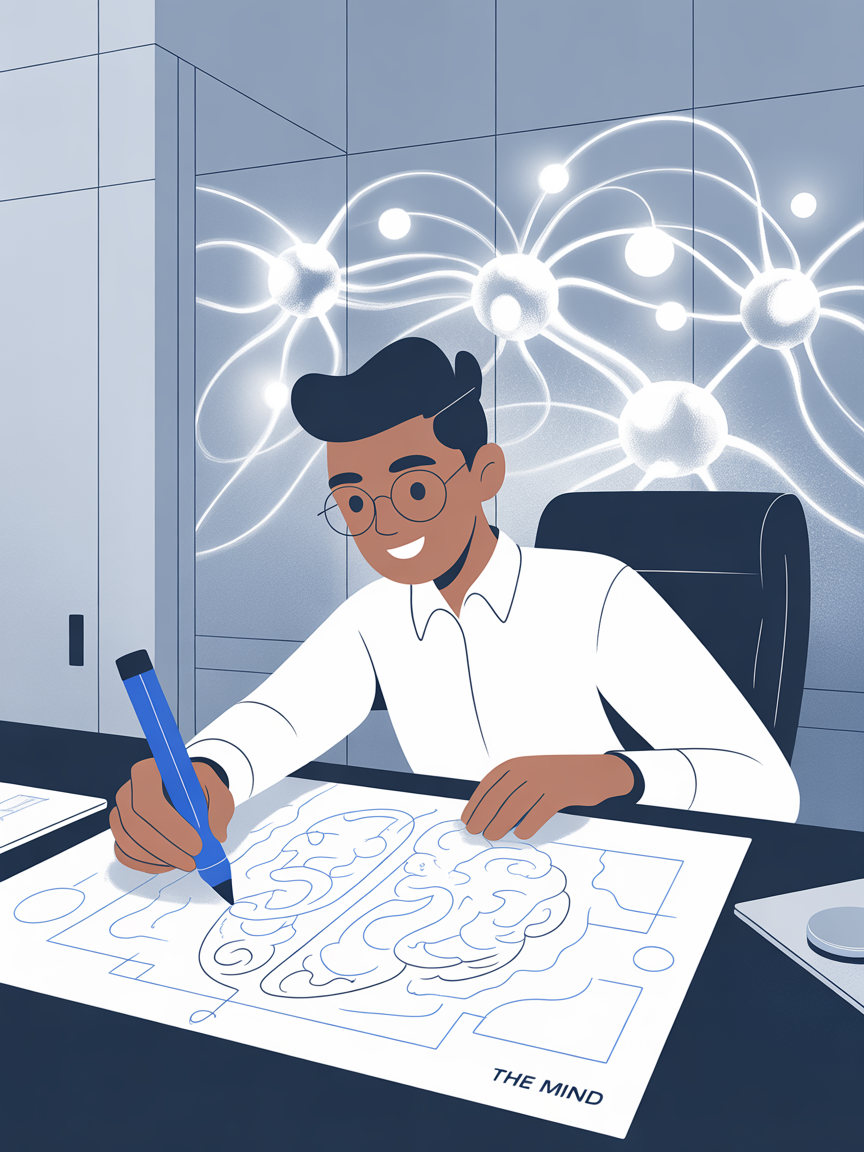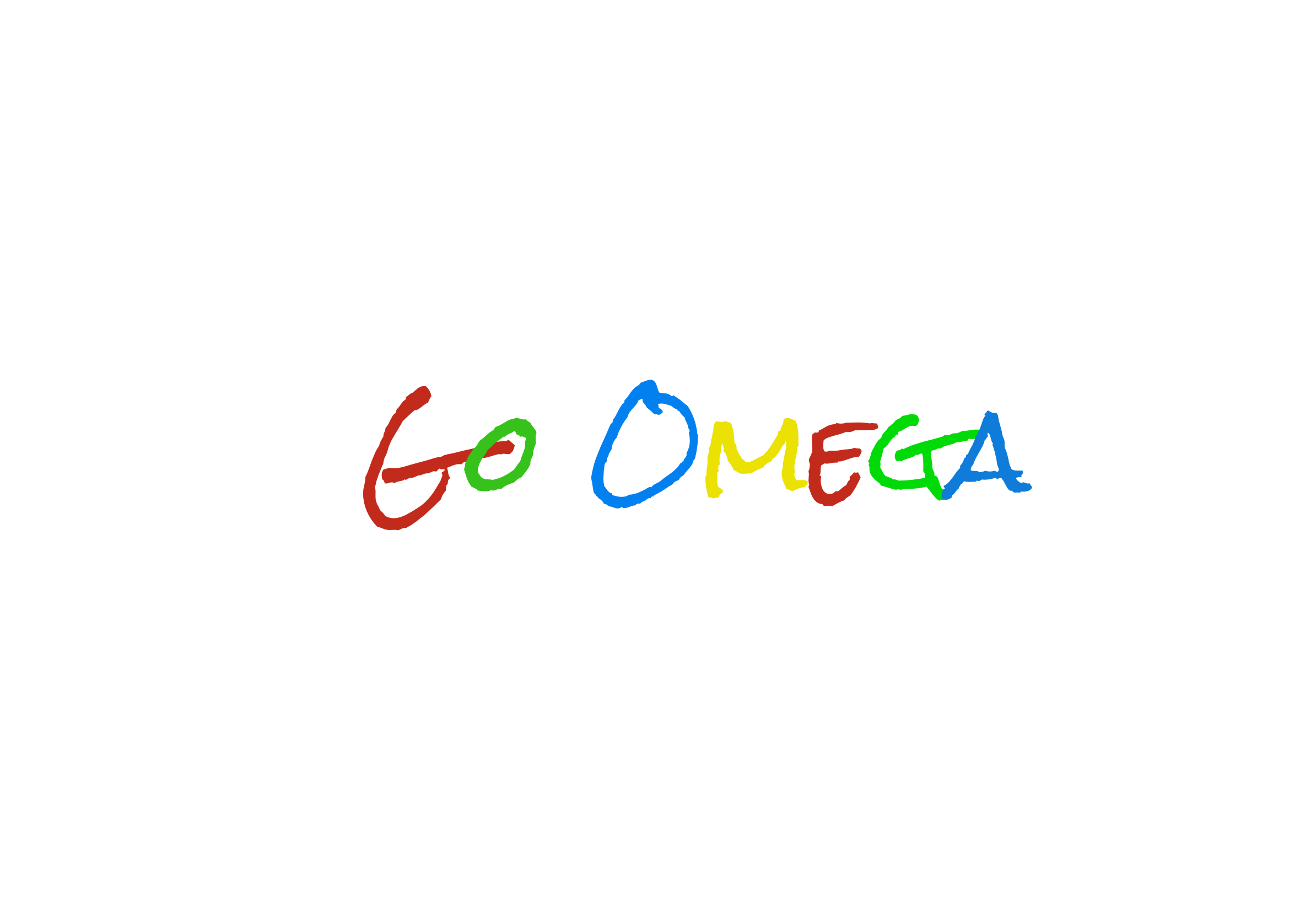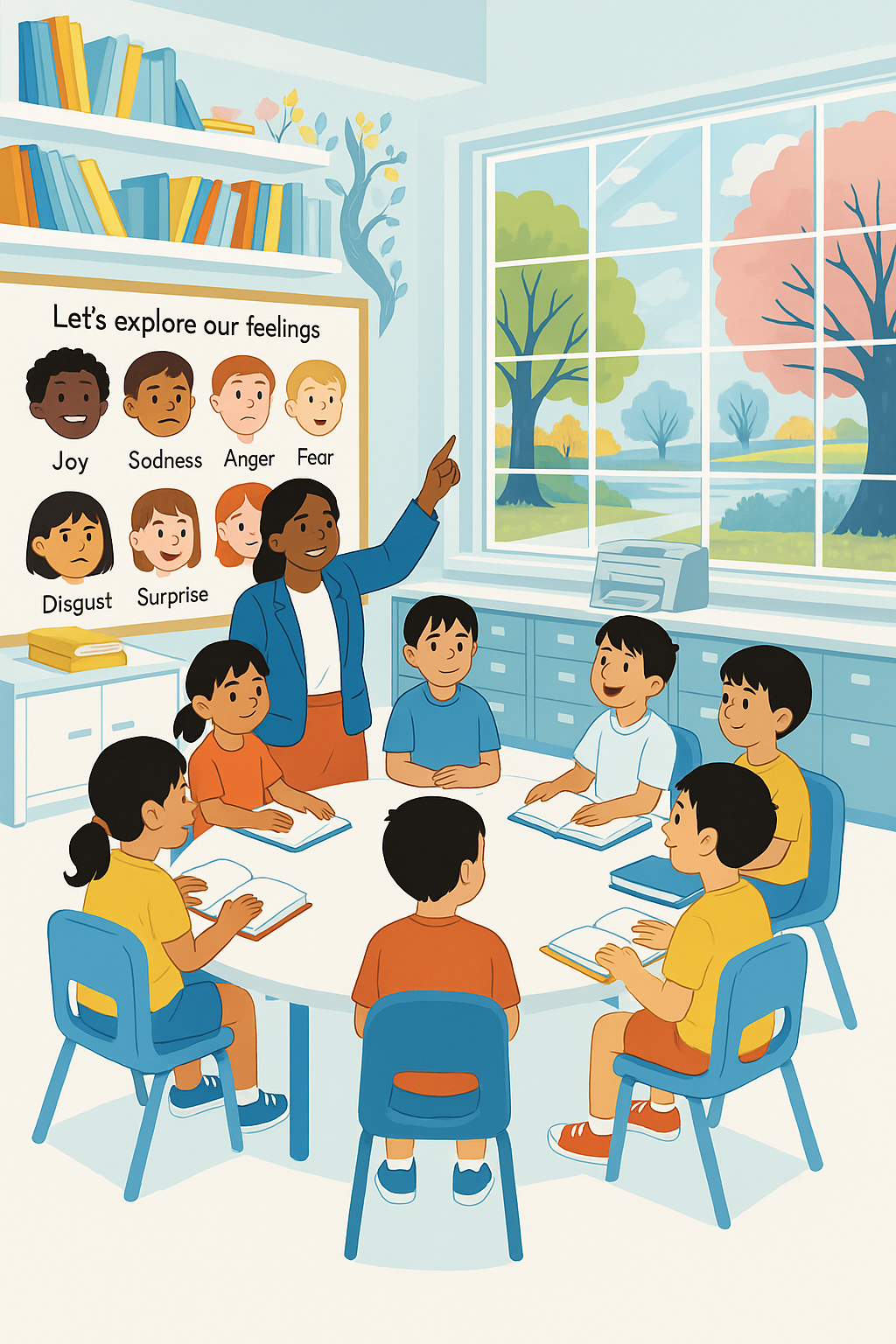How to Change the World
There is a growing movement to "change the world" and make it more loving and caring. But how do we actually do that? Violence, greed, perversion, racism, and hate appear rampant throughout our society, and our children are beginning to mirror these destructive patterns.
For the last fourteen years, I've studied how to reverse this trend. I believe I've found the root of what humanity needs to do.
The Crisis We Face
Our world faces unprecedented challenges that threaten the fabric of society. Children are growing up in environments saturated with negative influences, from social media toxicity to divisive political rhetoric. The result? A generation that mirrors the worst aspects of human nature rather than the best.
Traditional approaches—positive messaging, awareness campaigns, and moral education—fall short because they don't address the fundamental issue: people lack the tools to resist manipulation and consciously shape their own minds.
The Root Problem
Positive influence alone is not enough if the minds receiving it are still weak and susceptible. Children—and, to be fair, most adults—were never given the tools to resist the forces that shape personality. If you don’t know how the mind works, you can’t reliably guide it. Those who do understand the mind can shape yours instead. Humanity as a whole is at a disadvantage.
A Practical Solution: The Omega Instinct
To address this, I’ve developed a unified theory of personality called the Omega Instinct. It uses color-coded mechanics so its lessons can be taught as early as elementary school. Psychology is often too complex for beginners; The Omega Instinct simplifies it so the knowledge can be introduced gradually and built upon over time.
At its core, the theory teaches the real functioning of free will. Most people believe they already “have free will,” but the truth is that no one has ever been formally taught how it operates. That education has never existed—until now.
The Science of
Free Will
Benjamin Libet's Discovery:
Benjamin Libet’s well-known experiments demonstrated that brain activity predicting a decision occurs before people consciously experience making that decision. This suggests that free will doesn’t operate “in the moment.”
The Omega Instinct doesn’t ignore this—it works with it. Free will is not about magically making different choices in a split second. Instead, it’s about planning ahead with an understanding of how the mind works, and then deliberately creating habits and thought patterns that will take over when the moment comes.
In practice, this means consciously designing your unconscious. With knowledge, people can replace harmful automatic reactions with healthier ones—constructing an unconscious that reflects their chosen values instead of defaulting to influences from society, genetics, or past conditioning.
True Free Will is Planning Ahead
Without knowledge of the mind, our habits accumulate, entangle, and eventually run automatically—until they feel like they are who we are. After about age thirty, the brain becomes less malleable. Change is still possible, but it takes far more effort—like trying to build muscle in later life. Twice the effort is required to rewire the brain once habits have hardened.
That’s why early education is critical. If children learn the mechanics of personality while their brains are still flexible, they can build strong, resilient unconscious patterns that will support them for life.
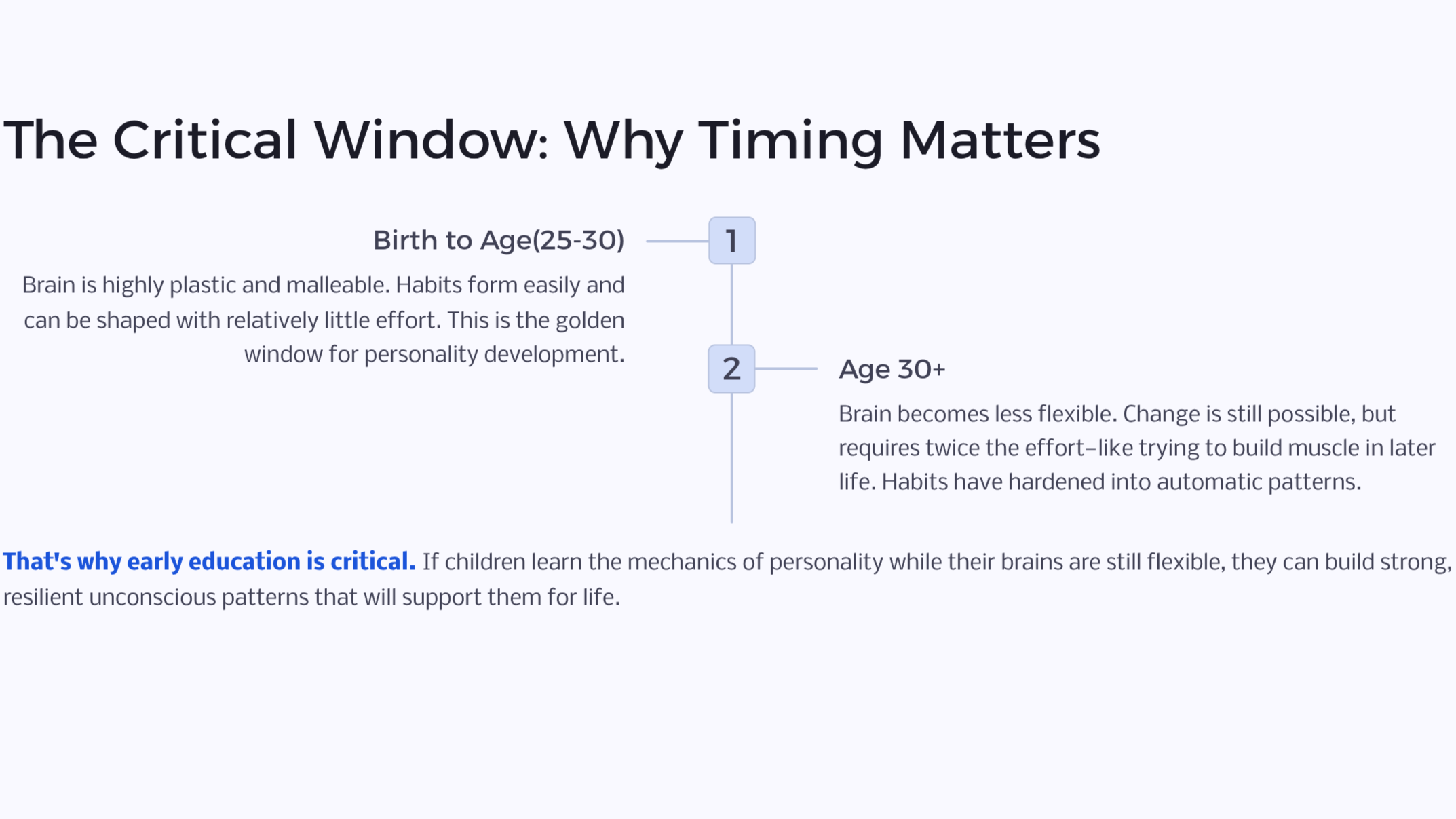
The Power of Personality Psychology
Personality psychology—the science of why we think and act as we do—gives people the ability to see what shapes them and how change occurs. The more you understand your influences, the more control you gain over them.
This is the heart of the Omega Instinct: cultivating will over influence. Not instant free will, but planned, educated, and sustained free will—exercised by consciously shaping the unconscious. That is the key to a more loving, resilient, and humane world. Without this knowledge, humanity will keep repeating the same destructive cycles it has endured for millennia.
Defining “Free Will”
The Omega Instinct redefines “free will” in a way I believe aligns with modern neuroscience yet offers a practical framework for education.
I agree with the scientific consensus that classical, contra-causal free will does not exist.
All behavior is shaped by genetic and environmental determinism. However, once a person gains deep awareness of these influences, they can intentionally restructure them. This doesn’t break determinism, but it changes their deterministic trajectory by replacing unconscious drivers with knowledge-based ones.
I define “free will” as the degree of conscious influence a person can exert over the genetic and environmental forces shaping them. The Omega Instinct is a method to systematically increase that degree, effectively giving people steering power within determinism.
If this ability is teachable and measurable, does it not warrant redefining “free will” for public understanding, or should it be given a new term entirely in scientific discourse?
A Call for Educational Revolution
I am not insisting that only my theory be adopted. My plea is broader: a coherent, teachable theory of personality must be introduced into education so children grow up with the tools to resist manipulation, make conscious choices, and exercise true free will.
The Omega Instinct provides a complete foundation that's ready for testing and evaluation. It still requires peer review and refinement, but the framework is solid and the need is urgent.
